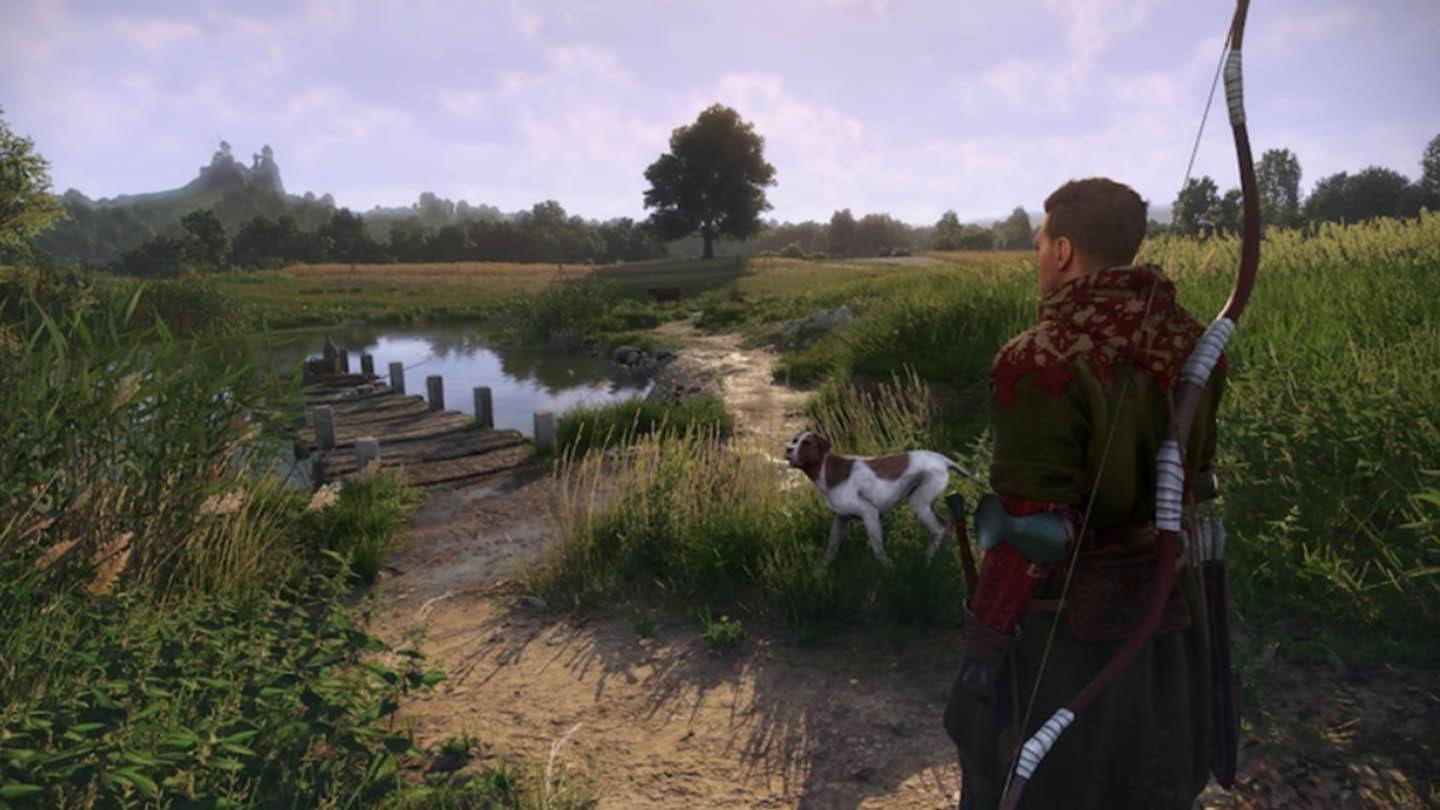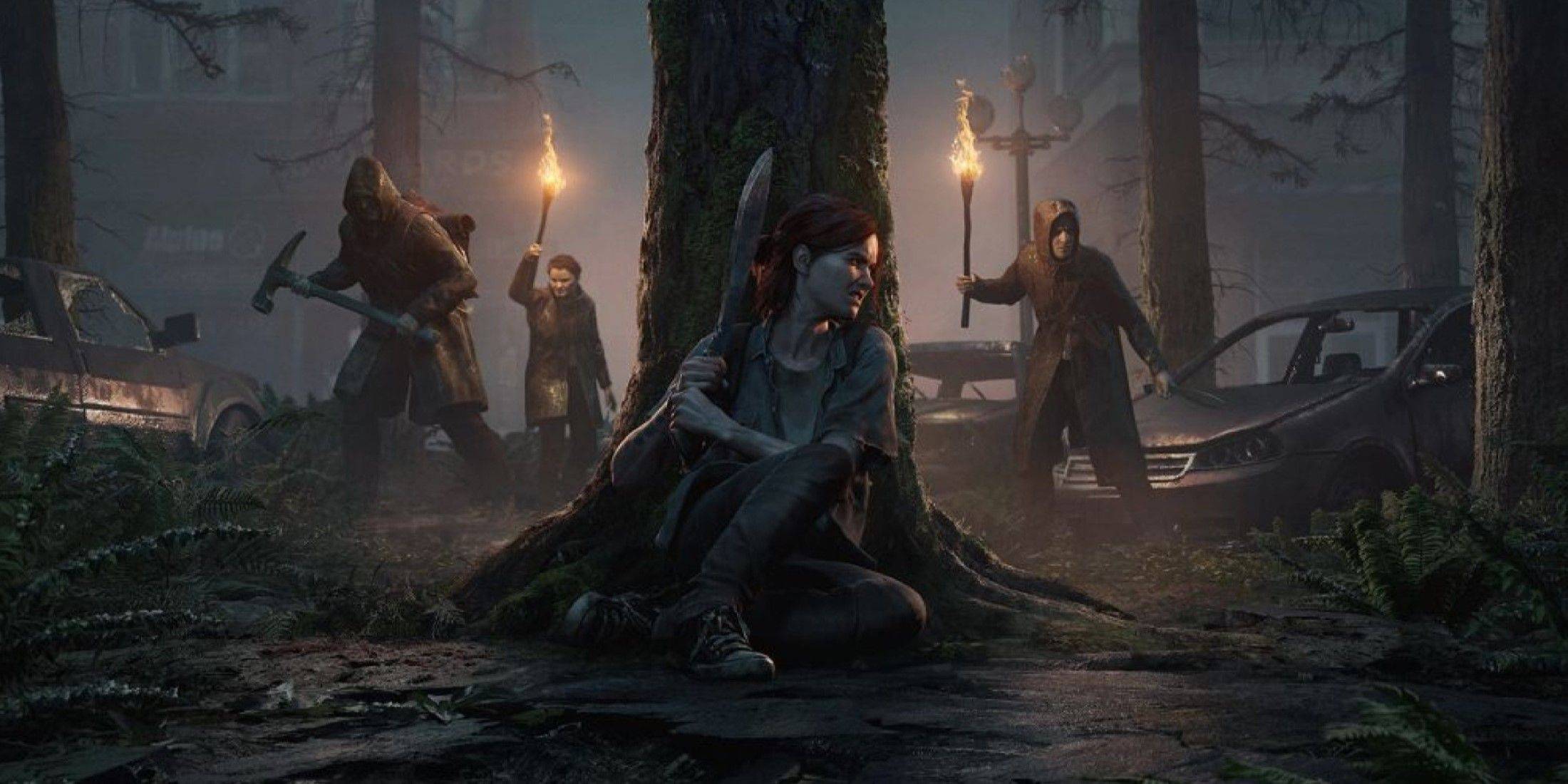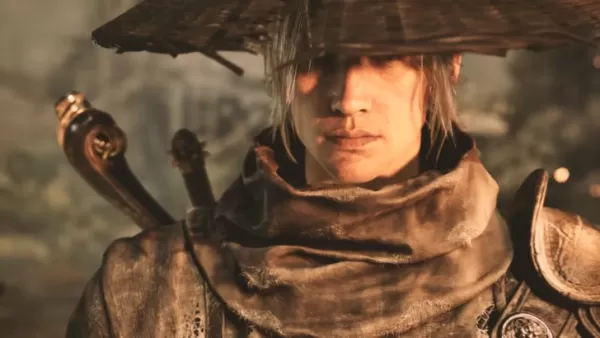"Civ 7 Tops 2025's Most Wanted PC Games List"
- By Aria
- May 17,2025
Civ 7 Gaining Momentum Ahead of its 2025 Release
Bagged the Most Wanted Game for 2025

At the PC Gaming Show: Most Wanted event hosted by PC Gamer on December 6, Civilization VII was crowned the Most Wanted game for 2025. This prestigious event highlighted the top 25 most anticipated projects set to launch next year, showcasing a nearly three-hour livestream packed with exciting trailers and insights. The rankings were determined by The Council, a distinguished panel of over 70 members including celebrated developers, content creators, and PC Gamer editors.
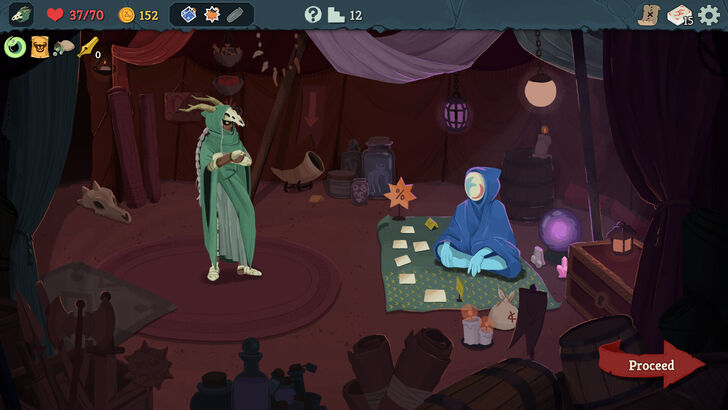
Following closely behind Civ 7, Doom: The Dark Ages secured the second spot, with Monster Hunter Wilds coming in third. The indie sensation Slay the Spire 2 took the fourth position. Other notable entries included Metal Gear Solid Delta: Snake Eater, The Thing: Remastered, and Kingdom Come: Deliverance II. Interestingly, the much-anticipated Hollow Knight: Silksong did not make the list or feature in the event's trailers.
Civilization VII is slated for a simultaneous release across multiple platforms—PC, Xbox, PlayStation, and Nintendo Switch—on February 11, 2025.
Civ 7 Game Mechanic Helps Players Finish Campaign
In a detailed interview with PC Gamer on December 6, Civ 7’s Creative Director, Ed Beach, unveiled a groundbreaking campaign mechanic called Ages. This feature was developed in response to Firaxis Games' data from Civilization VI, which revealed that many players did not complete the campaign. Addressing this issue head-on, Beach stated, "We had a lot of data that people would play Civilization games and they would never get all the way to the end. They just wouldn’t finish them. And so we wanted to do whatever we could—whether it was reducing micromanagement, restructuring the game—to really address that problem directly."
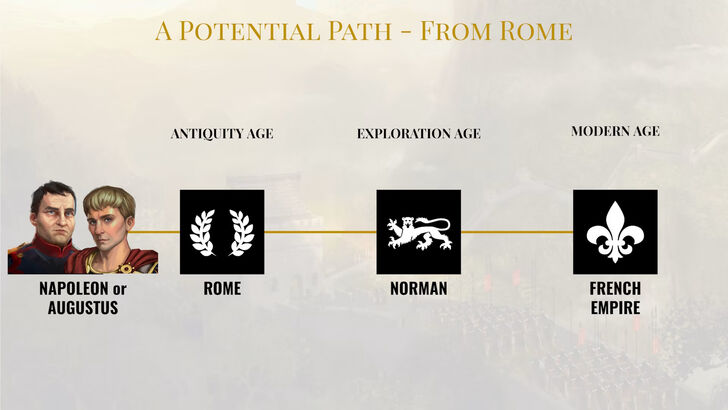
Civ 7 introduces the Ages mechanic, segmenting a single playthrough into three distinct chapters: the Antiquity Age, the Exploration Age, and the Modern Age. A unique aspect of this feature allows players to transition to a new civilization at the end of each Age, mirroring the historical rise and fall of empires. However, the choice of the next civilization is not arbitrary; it must have a historical or geographical connection to the previous one. For instance, transitioning from the Roman Empire could lead to the French Empire, with the Norman Empire serving as a historical bridge.
Leaders in Civ 7 persist across all Ages, ensuring continuity and a strong sense of identity throughout the player's journey. Additionally, the game introduces an "overbuild" feature, allowing players to construct new buildings atop existing ones as they progress through Ages, although certain Wonders and structures remain unchanged throughout the campaign.
With these innovative mechanics, Civ 7 promises to offer players a dynamic and engaging experience, enabling them to explore different civilizations within a single playthrough while maintaining a consistent narrative thread through their chosen leader.
Latest News
more >-

-
-
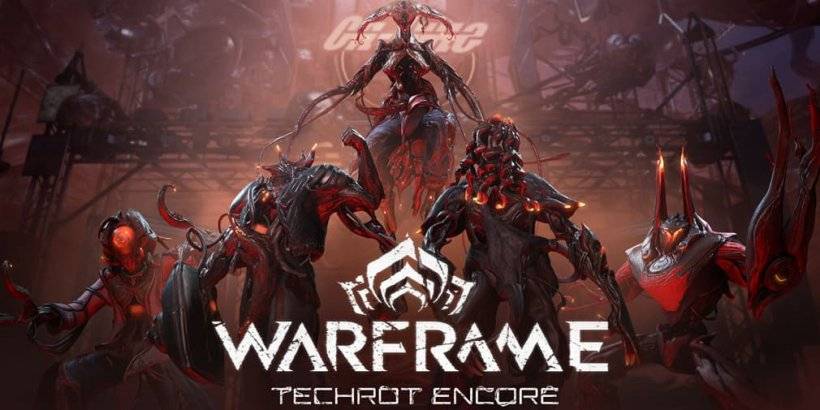
-
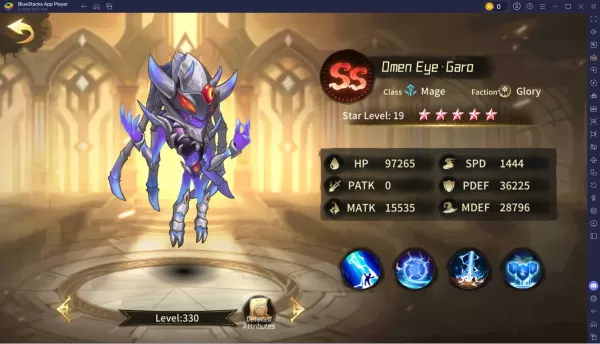
- Top Heroes Ranked in Chaos Tier List
- Dec 19,2025
-
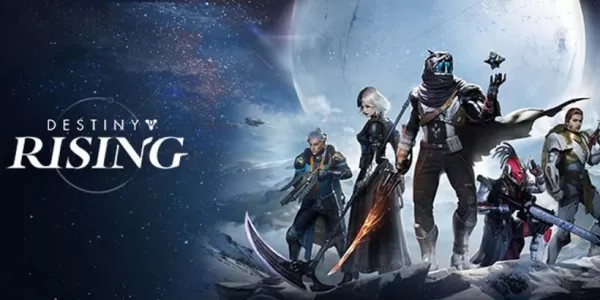
- Destiny: Rising Pre-Load Available Before Launch
- Dec 19,2025
